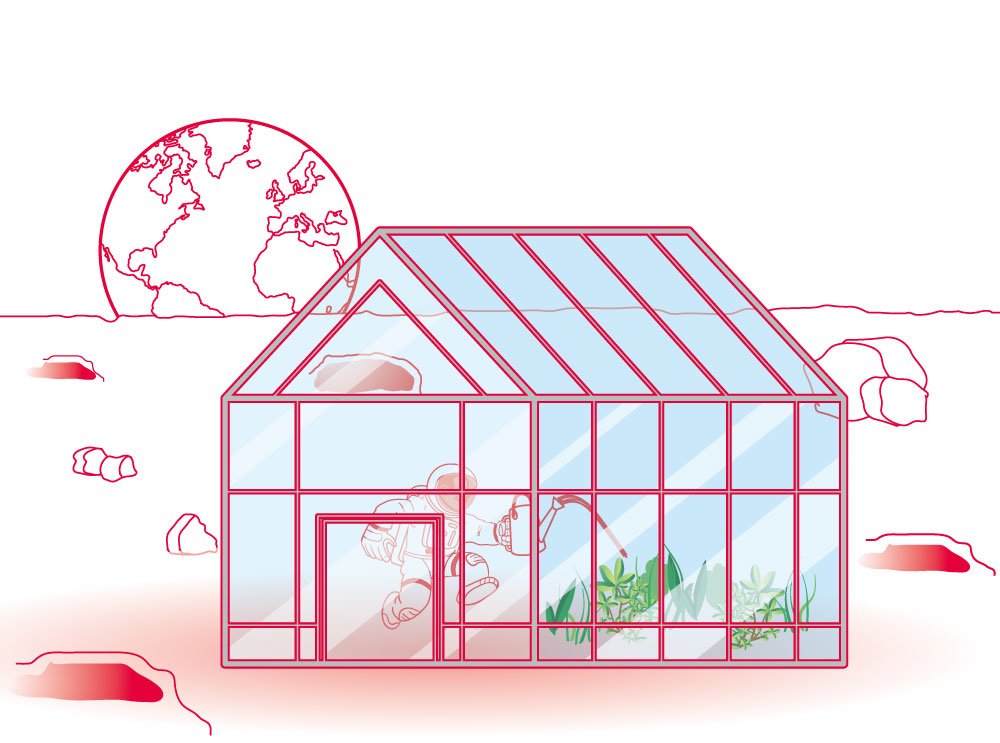AstroCrops – Growing plants for future space missions
In this set of activities, students will build an understanding of germination and plant growth by following the development of three unknown plants for 12 weeks.
They will conduct measurements and make observations to evaluate their plant’s growth and health.
Students will use their observations to make a hypothesis about which species of plants they are growing and discuss whether these plants are suitable for growing on long duration space missions.
Learning Objectives:
Age range:
8 – 12 years old
Time
Lesson: 30 minutes per week for 12 weeks
Resource available in:
Activity 1: Let it grow
In this activity, students will track the development of three unknown seeds. As the seeds develop into adult plants, students will learn to make scientific observations and record data to track the growth over time. Students should complete the activity by presenting their results in a letter to Paxi.
Equipment
Did you know?
Astronauts have already eaten food grown in space! In August 2015, astronauts on board the International Space Station ate their first space salad – a crop of red romaine lettuce.
It was grown in a special plant growth unit called Veggie, which provides the lighting and nutrients. In this image, you can see the lettuce growing.
It was grown in a special plant growth unit called Veggie, which provides the lighting and nutrients. In this image, you can see the lettuce growing.
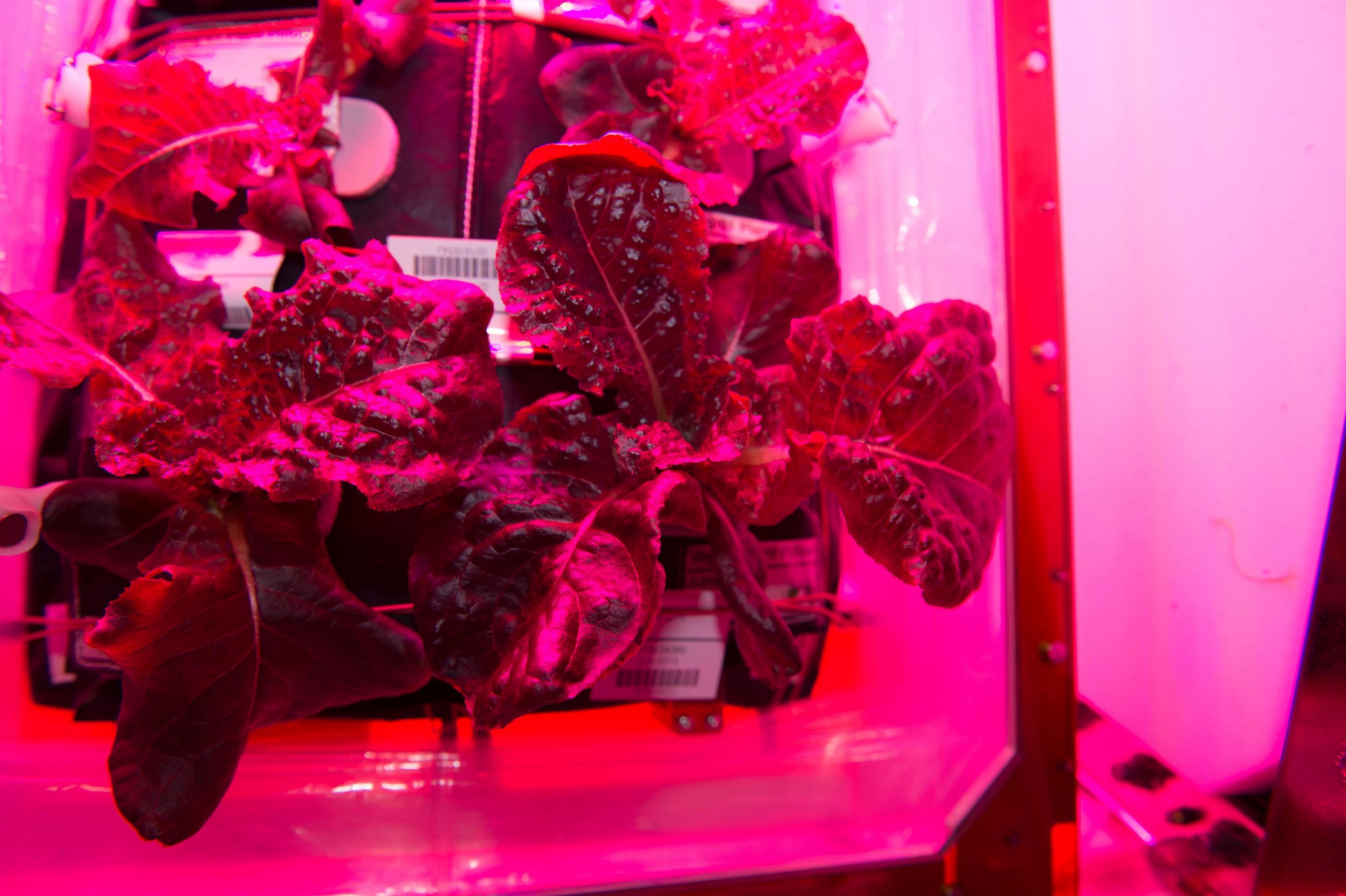
Red romaine lettuce grown on the ISS
Keywords:
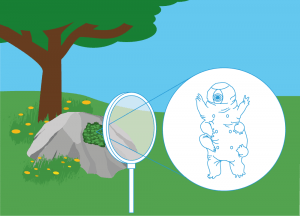
Space Bears – Lab-experience with Tardigrades
Brief description: In this set of experimental activities, students will investigate the survival abilities of tardigrades, also known as water bears. They will expose conditions
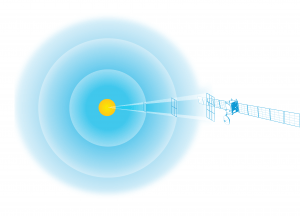
Power from Sunlight – Powering space exploration with solar energy
Brief description: In this set of activities, students will learn about two concepts that influence solar panel design for space missions: the inverse square law
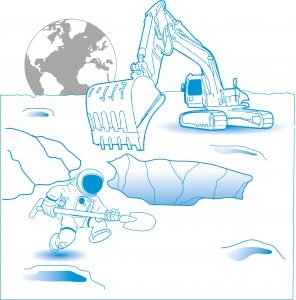
Extracting Water from Lunar Soil – Learning about filtration and distillation
Brief description: In this resource, students will learn about changes of state of matter using water on the Moon as an example. They will interpret

